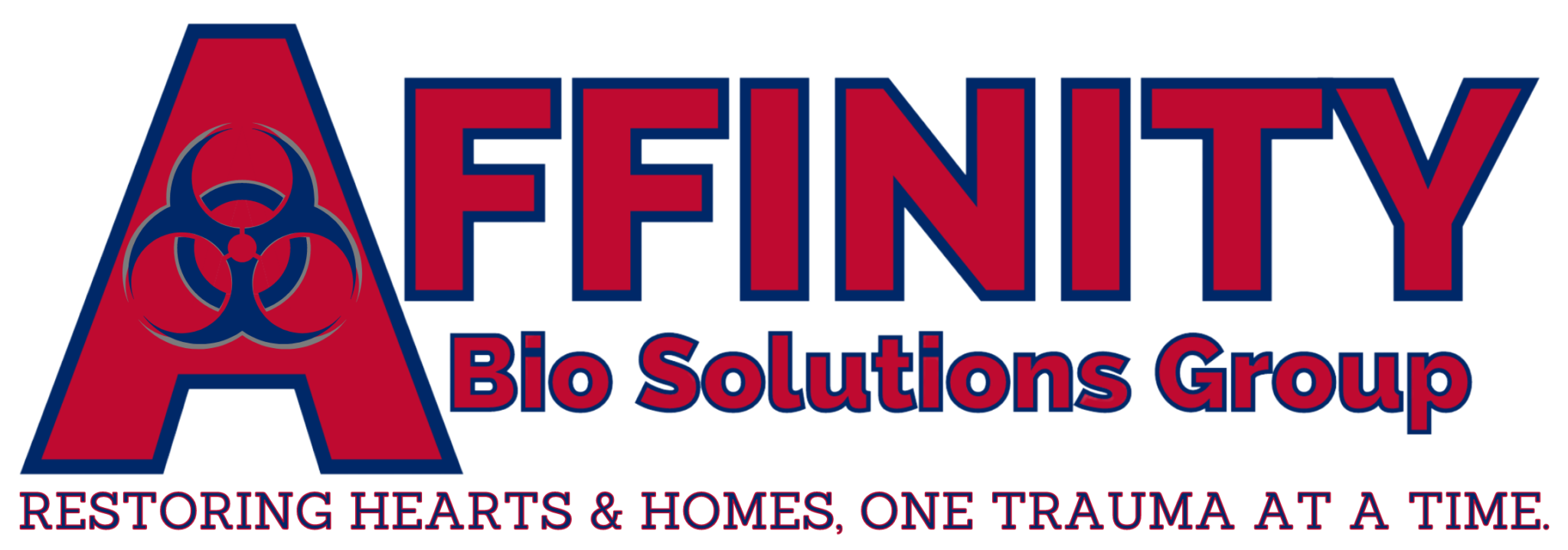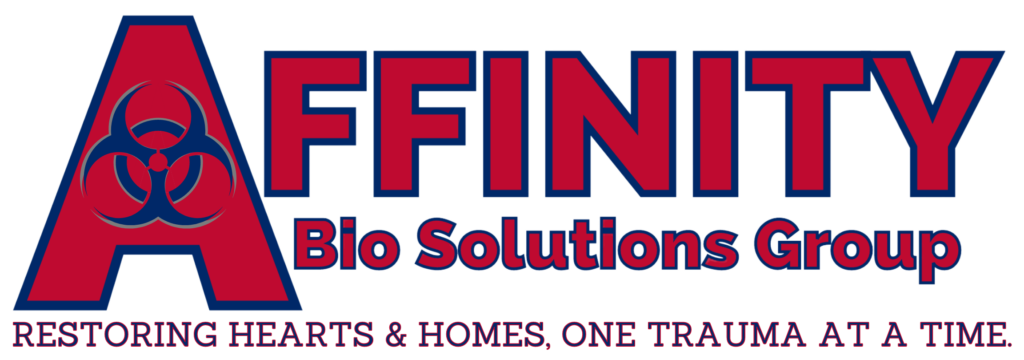
Biohazardous Medical Waste Containers in DFW
The Alarming Reality of Biohazardous Medical Waste from Crime Scenes
Crime scenes are often the focal point of intense investigation and media attention. Behind the scenes, however, there is an aspect of crime scenes that rarely receives the same level of scrutiny—the management and disposal of biohazardous medical waste. This blog aims to shed light on the alarming reality of biohazardous medical waste from crime scenes, exploring its potential risks, proper handling procedures, and the importance of responsible disposal.
Understanding Biohazardous Medical Waste:
Biohazardous medical waste on crime scenes refers to any biological material generated during the act of a crime or the investigation that may contain infectious agents, potentially hazardous substances, or sharps (e.g., needles, scalpels) that can harm human health or the environment. Crime scenes can be hotspots for biohazardous waste due to the presence of bodily fluids, contaminated items, and hazardous chemicals caused by criminal activities such as homicide or assault.
Risks Associated with Biohazardous Medical Waste:
Improper handling and disposal of biohazardous medical waste pose significant risks to human health and the environment. The potential dangers include:
· Infectious Diseases: Crime scenes may contain blood, tissues, and other bodily fluids that could be contaminated with pathogens such as HIV, hepatitis B, and C, or other transmissible diseases. Inadequate protection and exposure to these infectious agents can lead to severe health consequences.
· Chemical Hazards: Criminal activities sometimes involve the use of hazardous chemicals, such as toxic substances, narcotics, or flammable materials. Improper handling of these substances can result in chemical exposure and environmental contamination.
· Sharps Injuries: Crime scenes often contain sharps, such as needles or broken glass, which can cause injuries and increase the risk of transmission of bloodborne pathogens.
Proper Handling and Disposal:
The proper handling and disposal of biohazardous medical waste from crime scenes are crucial for minimizing risks and ensuring public safety. Here are some essential steps that should be followed:
· Scene Assessment: Crime scene investigators and medical professionals must assess the scene to identify potential biohazardous waste and take appropriate precautions.
· Personal Protective Equipment (PPE): All individuals involved in crime scene cleanup should wear appropriate PPE, including gloves, masks, goggles, and protective clothing, to minimize the risk of exposure to hazardous materials.
· Segregation and Containment: Biohazardous waste should be segregated from other waste streams immediately. It should be placed in leak-proof, puncture-resistant containers, clearly labeled with the universal biohazard symbol.
· Transport and Storage: Proper transportation and storage of biohazardous waste are essential to prevent spills, leaks, or contamination. Compliance with local regulations and guidelines is paramount.
· Proper Disposal: Crime scene cleanup professionals should collaborate with authorized waste management companies specializing in handling and disposing of biohazardous waste. These companies have the necessary expertise, equipment, and permits to ensure safe and responsible disposal.
Importance of Professional Disposal:
Professional disposal of biohazardous medical waste is crucial to protect public health, the environment, and the individuals involved in the crime scene cleanup process. When waste is improperly managed, it can contaminate water sources, soil, and air, posing long-term health risks to communities. Strict adherence to local state and city legal guidelines for waste disposal is vital in mitigating these dangers.
Conclusion:
Biohazardous medical waste from crime scenes requires careful handling, proper containment, and responsible disposal to minimize health risks and protect the environment. The importance of well-trained professionals with adequate knowledge and resources cannot be overstated. By ensuring responsible management of biohazardous waste, we can maintain the safety and well-being of communities and those involved in investigating and cleaning up crime scenes.

Read Our Other Recent Blog Articles from Affinity Bio Solutions Group in Denton, Texas
Death Cleanup Companies: What to Look for when you hire one
The Reality of Biohazardous Medical Waste from Crime Scenes!
Safeguarding the Scene: Preventing Cross-Contamination
Hiring a Professional Crime Scene Cleanup Service in Texas

